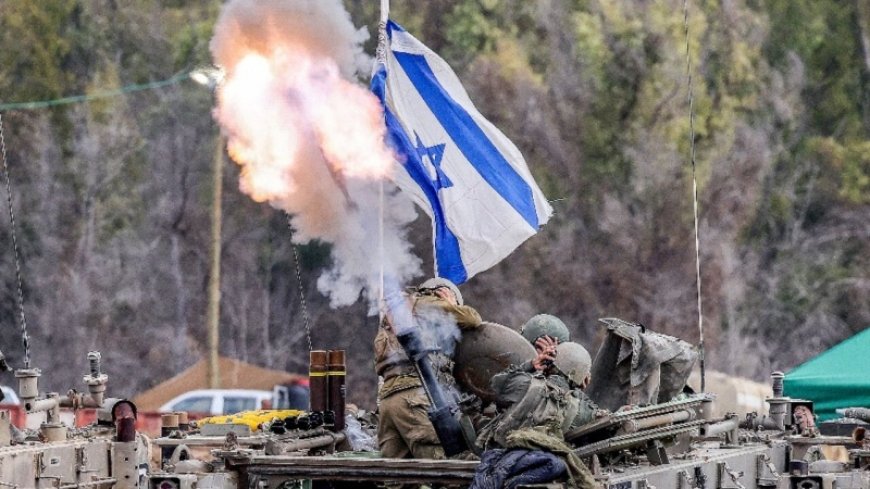Unrest and Rising Tensions: Israel on the Brink of Civil War
The assassination of Ismail Haniyeh, head of Hamas's political bureau, has ignited a wave of chaos and conflict in Israel, bringing the nation to the brink of civil war. Haniyeh was killed in a targeted attack at his residence in Tehran on Wednesday, shortly after attending the inauguration of Iranian President Masoud Al-Pezeshkian.

The assassination of Ismail Haniyeh, head of Hamas's political bureau, has ignited a wave of chaos and conflict in Israel, bringing the nation to the brink of civil war. Haniyeh was killed in a targeted attack at his residence in Tehran on Wednesday, shortly after attending the inauguration of Iranian President Masoud Pezeshkian.
According to Al Jazeera, the internal divisions within Israeli society have escalated dramatically, leading to intense conflicts in various parts of the occupied territories. The crisis deepened when right-wing demonstrators, including masked soldiers, attacked the military court in Beit Lid, central Israel, following allegations of sexual harassment against Palestinian prisoners by members of the Israeli army's reserve unit.
The violent clashes at Beit Lid were sparked by the Zionist regime police's announcement of an investigation into these allegations, under pressure from international media. Extremist settlers, supporting the accused soldiers, attacked the military court, leading to widespread unrest. Reports indicate that around 1,200 demonstrators reached Beit Lid, causing severe disturbances.
Escalation of Bipolarity Between Army and Police
Yair Golan, leader of Israel's left-wing Labor Party, demanded the imprisonment of Knesset members involved in the Beit Lid attack, accusing Prime Minister Benjamin Netanyahu of forming militias within the army. Meanwhile, opposition leader Yair Lapid warned, "Today we are not on the edge of the abyss, but inside the abyss," highlighting the existential threat facing Israel.
The Maariv newspaper reported on Wednesday that Israel is not merely on the brink of anarchy but is already in chaos. The publication noted that Netanyahu's promises of imminent victory are contradicted by the reality of a looming civil war, with the Israeli stock market experiencing a sharp decline due to the instability.
Impact of Haniyeh's Assassination
The assassination of Haniyeh has led to the closure of Israeli airspace, with fears of rocket and drone attacks from Hamas and other resistance groups. The Islamic Revolutionary Guard Corps (IRGC) confirmed the killing of Haniyeh and one of his bodyguards in a shelling attack on their Tehran residence.
Zionist analysts have expressed concerns over the implications of Haniyeh's death on prisoner exchange negotiations, describing it as a severe blow to the families of Israeli prisoners. The Israeli army has remained silent on the assassination, refusing to comment on reports from foreign media.
Fears of Hezbollah's Retaliation
Adding to the turmoil, there are rising fears of a Hezbollah response to an attack on the southern suburbs of Beirut. The Zionist regime has heightened its military readiness across ground, air, and sea domains, with settlements in central Israel reopening shelters in anticipation of possible retaliatory strikes from Hezbollah.
The growing internal conflict within Israel, compounded by external threats, has created a precarious situation. The assassination of Ismail Haniyeh has not only intensified the Israeli-Palestinian conflict but also exacerbated internal divisions, bringing Israel to the precipice of a civil war. The international community watches closely as the situation unfolds, with significant implications for the stability of the entire region.













































